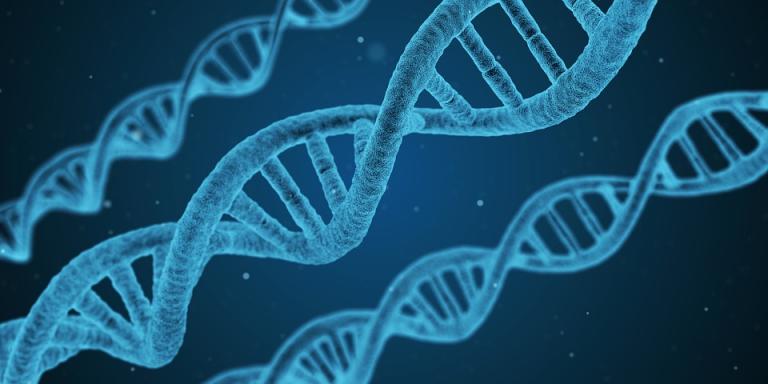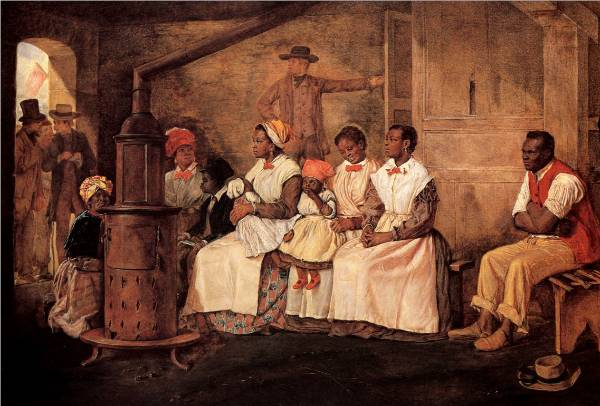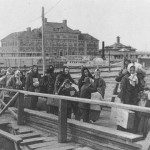
and, if so, what did you learn?
I got the results back from my own DNA test, through Ancestry.com, yesterday, and I was, well, underwhelmed.

The German part is fine — multiple ancestors on both Mom & Dad’s sides. Scandinavia, too, is right – my paternal grandfather’s parents both immigrated from Denmark.
But Great Britain? I have one great-great-grandmother whose ancestry is unaccounted for and who possibly could be of British ancestry (from a poor white family in the south in 1870, about whom we only know that her first name is Elmina and her last name may or may not have been Ussery, depending on how many Richard Stapletons there were in Tennessee at the time). Maybe the Irish ancestors (a great-great-grandfather) really had some English ancestry in him? (“Stapleton” seems to be an English name which was brought over to Ireland.) In any case, there’s no Irish ancestry here at all. (This is a distinct category, separate from Great Britain.)
And my Greek grandfather? Perhaps he’s represented by the Caucasus and Middle East as well as the Europe South bits, but that would suggest that the Greeks intermarried much more with their Turkish conquerors than I would have expected would be the case.
So while I intellectually expected that it was iffy as to whether this test would reveal anything in particular, and I had figured that those commercials in which people make wonderful new discoveries are to be taken with a grain of salt, it’s still a bit disappointing.
Now, that isn’t the end of the story, because there’s still more that can be done — there are “cousin matches,” of which the two “second or third” cousins are people I was able to identify on my family tree (one, I think, a child of one of my cousins that I’m not in touch with, and the other, via google, a cousin of my father’s — both of whom are on the best-known part of the family tree). There are more distant cousins, and it’s possible to upload a family tree onto the site even without paying (I think), and I can download the DNA code and upload it onto MyHeritage.com, where we do have a family tree, and that site will also search for “cousin matches” even though it won’t, I believe, provide it’s own assessment of ancestry.
So this means that this is the point in the blog post where I ask readers for their own experiences. Please share away!
UPDATES:
After an e-mail exchange with an uncle, the Caucasus/Middle East matches up more than I thought it did: the family name has Turkish origins, and my great-grandfather, who immigrated to the U.S. to seek his fortune in the early 1900s, had travelled through both Greece and Asia Minor. I was also reminded of the population exchanges that occurred in 1923 in which Christian Turks were deemed Greek and Muslim Greeks were deemed Turks; while my family immigrated earlier than this, and were landowners, not landless refugees in Greece, it does suggest that there was no firm line beween “Turk” and “Greek.”
I am also wondering if the lack of Irish ancestry is explained by a birth and marriage date that didn’t line up in what I had seen previously: that is, if my Irish great-great-grandfather was really my great-grandfather’s stepfather, it would explain some conflicting marriage dates and identify my great-great-grandmother more definitively.
Which might be answered if any of the “cousin matches” are Usserys or Stapletons.
Image: https://pixabay.com/en/dna-string-biology-3d-1811955/











